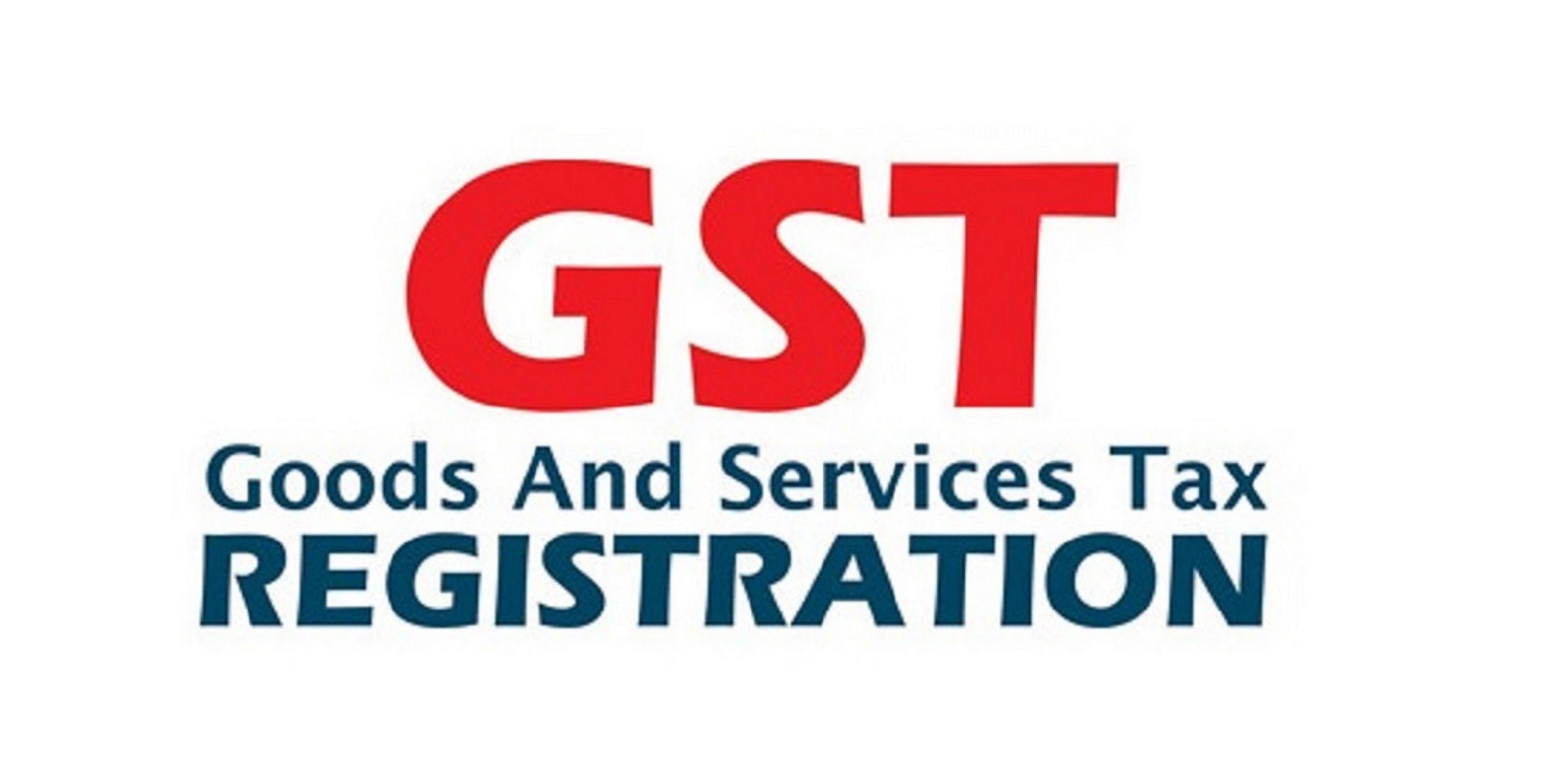Step-by-Step Refine for Singapore GST Registration Explained
Step-by-Step Refine for Singapore GST Registration Explained
Blog Article
The Ultimate Overview to Simplifying the GST Enrollment Refine and Requirements for Small Company Owners

Understanding GST Fundamentals
To grasp the basics of the Item and Provider Tax (GST) system, local business proprietors must first understand its underlying concepts and implications. GST is a value-added tax obligation imposed on many items and services for residential usage. It intends to enhance the taxes procedure by replacing multiple indirect taxes imposed by the state and central federal governments. Under the GST program, businesses are required to register and collect tax obligation on part of the government, making certain openness and conformity.
One of the vital concepts of GST is input tax credit history, which allows organizations to claim credit score for tax obligations paid on their purchases. This system avoids the plunging impact of taxes and advertises performance in the tax obligation system. Furthermore, GST is a destination-based tax, meaning that the tax is levied at the factor of usage instead of the point of origin. This ensures fair distribution of tax profits among states based upon where the solutions or goods are eaten. Recognizing these basic principles is critical for tiny company proprietors to navigate the intricacies of the GST system and make certain compliance with the law.
Eligibility Standards for Enrollment
Having established a fundamental understanding of GST principles, local business owners have to currently meet particular qualification criteria to wage the registration procedure. In India, entities took part in the supply of goods or services with an annual aggregate turn over surpassing Rs. 40 lakhs (Rs. 10 lakhs for unique group states) are needed to sign up for GST. Additionally, certain businesses such as those involved in inter-state supply of goods, informal taxed persons, and those required to pay tax obligation under the reverse cost device must sign up for GST regardless of their turn over. Businesses that were registered under the previous tax obligation routine (BARREL, solution tax obligation, and so on) are likewise mandated to register under GST. Nonetheless, agricultural organizations that just supply generate out of primary manufacturing are exempt from GST enrollment. It is essential for company proprietors to carefully analyze their qualification based go to this site upon these requirements to guarantee conformity with the law and stay clear of any kind of penalties for non-compliance.
Records Required for GST Registration
.jpg)
Simplified Registration Refine Steps
Adhering to the collection and verification of the requisite documents, the enrollment process for GST can be browsed through a collection of simplified actions developed to facilitate effective conformity for little organization owners. The very first step involves visiting the GST portal and selecting the 'New Enrollment' option. Consequently, the candidate has to fill in Part A of the GST REG-01 kind with information such as frying pan, mobile number, and email address to get an OTP for confirmation. As soon as the OTP is obtained and entered, a Short-term Recommendation Number (TRN) is created for additional procedures. The next step requires filling out Component B of the type with needed company details, uploading supporting Home Page records, and completing the confirmation process making use of DSC or EVC. Lastly, upon effective confirmation, an Application Recommendation Number (ARN) is provided, indicating the conclusion of the GST registration procedure. By complying with these streamlined steps, tiny service owners can efficiently sign up for GST and guarantee conformity with tax guidelines.
Tips for Ensuring Compliance
To keep governing adherence and functional stability, persistent oversight and aggressive steps are crucial in guaranteeing compliance with GST requirements for tiny service proprietors. Little organization owners must stay updated with GST policies, submitting target dates, and any modifications in tax prices to prevent fines and keep a great standing with tax authorities. Attending GST awareness workshops or training programs can enhance understanding and conformity with GST guidelines, ultimately benefiting the company in the long run.
Final Thought
Finally, little organization proprietors have to comprehend the fundamentals of GST, satisfy the qualification standards, gather needed papers, and adhere to the streamlined enrollment procedure steps to make sure compliance. By streamlining the GST enrollment process and needs, little business proprietors can avoid charges and run their organizations efficiently within the lawful framework - Singapore GST Registration. It is essential for small service owners to remain certified and educated with GST guidelines to preserve a successful service operation
Small company owners looking for GST enrollment should guarantee they collect and look at this website submit the needed papers to finish the enrollment procedure successfully. The records required for GST enrollment usually consist of evidence of service enrollment or incorporation, PAN (Irreversible Account Number) card of the service entity, identity and address proof of the promoters/partners/directors, pictures, address evidence of the location of service, financial institution account statements or terminated cheques, and permission types. Attending GST recognition workshops or training programs can enhance understanding and conformity with GST regulations, inevitably profiting the service in the long run.
By simplifying the GST registration procedure and demands, small company proprietors can stay clear of charges and run their companies smoothly within the lawful framework. It is vital for small company proprietors to stay informed and certified with GST guidelines to keep a successful service operation.
Report this page